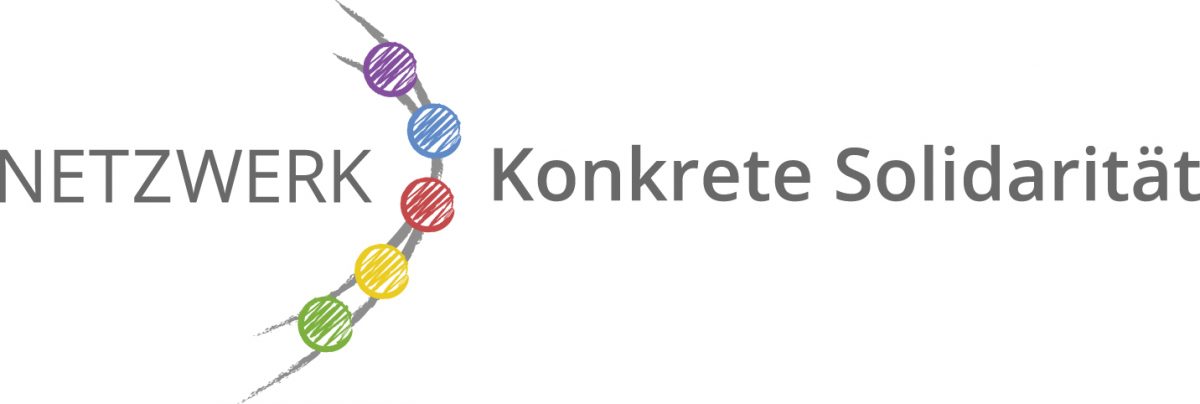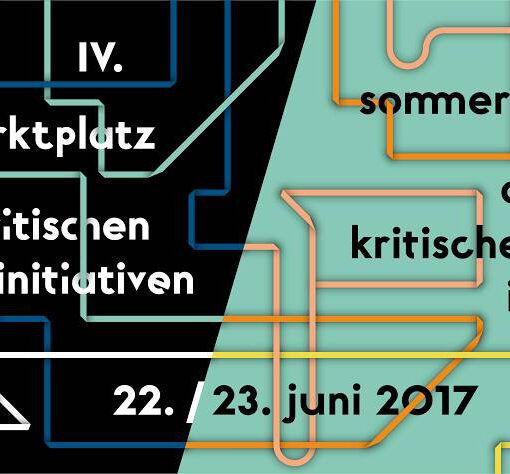The verb haben (acc.) (engl. to have)
abbrevations used here: acc. : accusative complement/case; nom.: nominative complement/case; m: masculine; f: feminine; n: neuter; PL: PLURAL
The verb haben requires an accusative complement.
Ich habe einen neuen Freund(m). – I have a new (boy)friend.
Explanation: Freund has a masculine gender (m), haben requires the accusative case, the indefinite masculine article in the accusative case is „einen“, the adjective „neu“ gets the ending -en => neuen
Ich habe eine kleine Wohnung(f). – I have s small flat.
Explanation: Wohnung has a feminine gender(f), haben requires the accusative case, the indefinite feminine article in acc. is „eine“, the adjective „neu“ gets the ending -e => neue
Wir haben ein schönes Haus(n). – We have a nice haus.
Explanation: Haus has a neuter gender(n), haben requires acc., the indefinite neuter article in acc. is „ein“, the adjective „neu“ gets the ending -es => neues
Wir haben drei Kinder(PL). – We have three children.
ATTENTION! „haben“ is an irregular verb: ich habe, du hast, er/sie/es hat, wir haben, ihr habt, sie/Sie haben
Grammar:
§1 The INDEFINITE article and the adjective attribut in the nominative and accusative case:
(m) ein neuer(nom.) – einen neuen(acc.)
(f) eine neue(nom. & acc.)
(n) ein neues(nom & acc)
(PL) – neue (nom & acc)
Negation: ein, eine, ein is negated with kein, keine, kein (resp. einen, eine, ein with keinen, keine, kein in the accusative case)
§2 The DEFINITE article and the adjective attribut in the nominative and accusative case:
(m) der neue(nom.) – den neuen(acc.)
(f) die neue(nom. & acc.)
(n) das neue(nom. & acc.)
(PL) die neuen (nom. & acc.)
Negation: The DEFINITE article is negated with nicht, e.g. nicht der, nicht die, …
ATTENTION! Depending on the article (definite or indefinite) the endings of the adjectives differ, too!!!
Take a look at the rubric LEARN GERMAN on this website! I’ve just uploaded many excercises with the verb „haben“ right now as a pdf-document! Look for document Number 6 in Lehrer Uli’s worksheets, „Excercises to the word haben“. Here the link: https://nksnet.wordpress.com/learn-german/
§3 Some nouns have a zero(0) article, so no article is used in this case. If the zero-article is negated, you use the negative article!
Examples:
Hast du Hunger(0)? – Are you hungry?
Ich habe Hunger(0). – I’am hungry.
Nein, ich habe keinen Hunger. No, I’m not hungry.
Hast du Zeit(0)? – Do you have time?
Nein, ich habe keine Zeit. – No, I don’t have time




